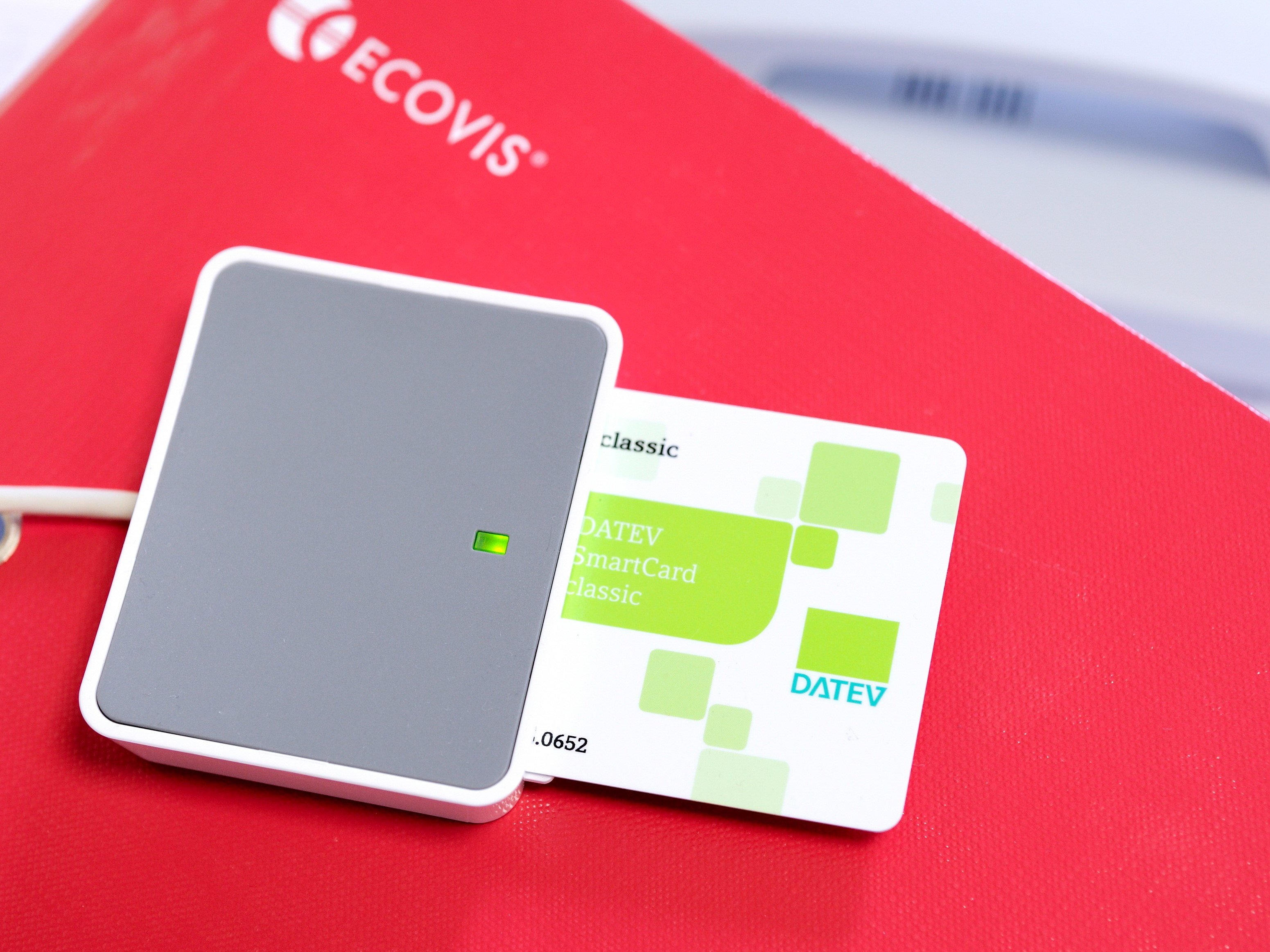In 2018, a number of changes for entrepreneurs will come about. These will affect, for example, builders, register of beneficial owners of legal entities, and unified electronic identification.
GDPR - General Data Protection Regulation
Similarly as in other EU countries, the so-called General Data Protection Regulation (GDPR) will also come into effect in the Czech Republic as of 25 May 2018. Through it, the EU authorities plan to strengthen and unify the protection of personal data of all individuals within the EU, and to further regulate the transfer of EU citizens' personal data beyond its borders. For non-EU entities handling data of EU citizens, the GDPR should facilitate compliance with the Member States' to-date varying national laws. In the first half of 2018, a new act on the protection of personal data will most likely be adopted in the Czech Republic, which will repeal existing Act No. 101/2000 Coll. and specify certain obligations and rights arising from the GDPR. The draft of the new act can be already reviewed at the web page: https://apps.odok.cz/veklep-detail?p_p_id=material_WAR_odokkpl&p_p_lifecycle=0&p_p_state=normal&p_p_mode=view&p_p_col_id=column-1&p_p_col_count=
3&_material_WAR_odokkpl_pid=KORNAQCDZPW5&tab=detail.
New data will be explicitly considered to include, inter alia, IP addresses and cookies. Persons will have the right to data transferability (portability) within the scope of which they will be able to obtain a copy of the processed personal data, and transfer it to another service provider. Individuals will also have the so-called right to be forgotten - RTBF, and may demand the removal of certain personal data from search engines. These rights are also in line with the wider obligations of Internet entrepreneurs. Businesses will have to report, among other things, within 72 hours of detection any leakage of personal data to the supervisory authority and, in some cases, to the client. Another obligation of entrepreneurs will be the adequacy, respectively the obligation, to minimise the volume of processed personal data by permanently deleting data that is no longer necessary, and to which, for example, the client's consent does not apply. The GDPR also fixes the obligatorily established position of the so-called Data Protection Officer (DPO). In some Member States, this position is or has been previously known of, but in the Czech Republic, it is an entirely new position.
Register of beneficial owners of legal entities
Commencing from 1 January 2018, records of data on beneficial owners of legal entities will be maintained in the Czech Republic. A beneficial owner is to be considered any natural person that has the possibility to either directly or legally exercise factual influence within a given legal entity, with more detailed rules being set for individual types of legal entities. These records will be kept at the registry courts, which will collect the names, addresses of the place of residence, birth dates and birth numbers, nationality, and facts forming basis of their status as beneficial owners, whether it be a share in the voting rights, distributed funds, or otherwise. The application for registration of the beneficial owner will be required to be filed by the legal entity itself, which will be obliged to keep the internal list of owners independently of the public records. The data will not be publicly available, but the range of people and authorities accessing it will be quite broad. The new register is already available on the web page: https://issm.justice.cz/.
Statutory pre-emptive rights in connection with immovable property
From 2018, the statutory pre-emptive right of co-owners to immovable property will be valid once again. The pre-emptive right shall again apply to all transfers, except for the transfer of interest to a close person (e.g. a relative). The pre-emptive rights will not apply to any items other than immovable property. Co-owners will be able to waive their pre-emptive rights. Such a waiver will also have an effect on legal successors of the waiving co-owner (i.e. the subsequent owners of the original co-owner's interest). Information that a co-owner has waived the pre-emptive right will be entered in the Cadastral Register. The three-year status since 2014, where property co-owners could not influence who their new co-owner would be, will end in 2018. The co-owners of immovable property will thus be able to once again prevent, as of 1 January 2018, the transfer to an unwanted person by exercising their pre-emptive right. However, this does not affect transfers to close persons.
Amendment to the Czech Building Act
From 1 January 2018, an amendment to the Building Act will enter into force, which will, among other things, represent significant process acceleration and streamlining for builders. Zoning and construction proceedings may be combined into one co-ordinated procedure in more situations than ever before. The environmental impact assessment (EIA) process will also be included in the co-ordinated procedure, and the binding opinion of the competent authority will be issued as part of this procedure. For the builder, however, the possibility of combining the zoning and construction proceedings is only a possible alternative, it is not a compulsory procedure, and so the previous two separate proceedings may still be chosen.
Compensation for damage in the field of competition
The new Czech Act on Compensation for Damage in the Field of Competition, which transposed the 2014 European Directive at the end of 2017, should facilitate the recovery of damages caused by the restriction of competition. This includes, for example, a longer limitation period for the exercise of the right to compensation, which lasts for 5 years, and starts to run from the day on which the entitled person became aware of the damage, but at the earliest on the date on which the restriction of competition was brought to an end. The law simplifies claiming damages for an injured party by allowing him to demand access to any evidence at the responsible party's disposal prior to the opening of proceedings. The court may penalise a failure to submit the requested documents by a fine of up to CZK 10 million, or 1% of the net turnover of the last completed accounting period for the person who has violated this obligation imposed by the court, rendered it impossible, or significantly hindered it. Although this obligation is also generally applicable to documents collected in the file of the Antimonopoly Office, it is significantly limited in relation to those documents, in particular as concerns the self-incriminating documents submitted by the cartel participants under the so-called Leniency programme. The damage is to be reimbursed in its entirety, because the objective is to return the injured person to a situation in which he or she would be located if the competition law violation had not occurred, and therefore involves both compensation for actual damage and loss of profits and interest. However, compensation for damage must not lead to overcompensation.
Unified electronic identification from 1 July 2018
The Electronic Identification Act, adopted at the end of 2017, will allow a simple, secure, and state-guaranteed way of proving the user's identity on the Internet from 1 July 2018, while at the same time helping to develop and ease the use of online public administration services. The Act is directly linked to the European eIDAS Regulation (on electronic identification and trust services for electronic transactions in the internal market). Thanks to this Act, it will be possible to prove one's identity even remotely, by electronic means.
For more information, please contact:
JUDr. Mojmír Ježek, Ph.D.
Managing partner
ECOVIS ježek, advokátní kancelář s.r.o.
Betlémské nám. 6
110 00 Prague 1
e-mail: mojmir.jezek@ecovislegal.cz
www.ecovislegal.cz/en
About ECOVIS ježek advokátní kancelář s.r.o.
The Czech law office in Prague ECOVIS ježek practices mainly in the area of Czech commercial law, Czech real estate law, representation at Czech courts, administrative bodies and arbitration courts, as well as Czech finance and banking law, and provides full-fledged advice in all areas, making it a suitable alternative for clients of international law offices. The international dimension of the Czech legal services provided is ensured through past experience and through co-operation with leading legal offices in most European countries, the US, and other jurisdictions. The Czech lawyers of the ECOVIS ježek team have many years of experience from leading international law offices and tax companies, in providing legal advice to multinational corporations, large Czech companies, but also to medium-sized companies and individual clients. For more information, go to www.ecovislegal.cz/en.
The information contained on this website is a legal advertisement. Do not consider anything on this website as legal advice and nothing on this website is an advocate-client relationship. Before discussing anything about what you read on these pages, arrange a legal consultation with us. Past results are not a guarantee of future results, and previous results do not indicate or predict future results. Each case is different and must be judged according to its own circumstances.














